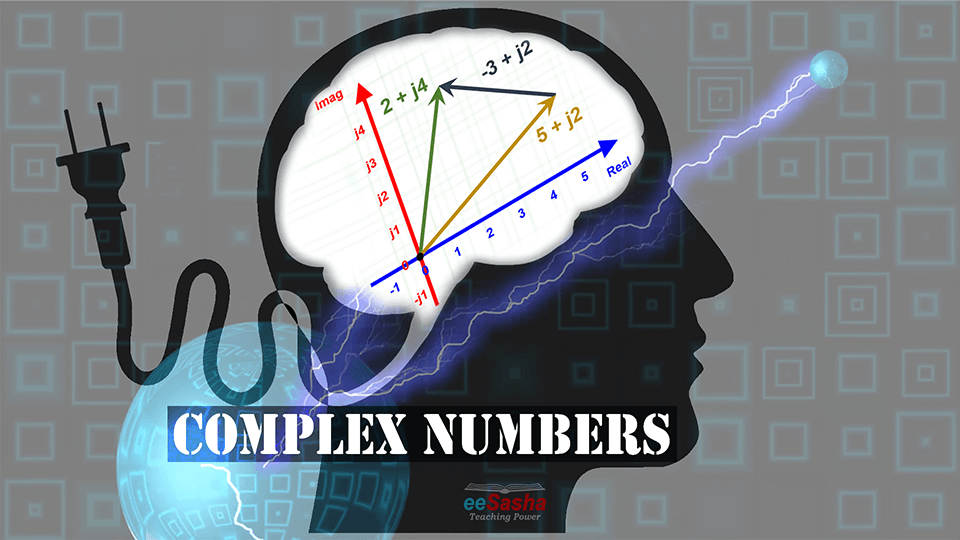- Teacher: Admin User
grandtonekiprotich.gnomio.com
-
Welcome to your new Gnomio site
Now, you are in control!
Moodle is an open-source Learning Management System (LMS) that provides educators with the tools and features to create and manage online courses. It allows educators to organize course materials, create quizzes and assignments, host discussion forums, and track student progress. Moodle is highly flexible and can be customized to meet the specific needs of different institutions and learning environments.
Moodle supports both synchronous and asynchronous learning environments, enabling educators to host live webinars, video conferences, and chat sessions, as well as providing a variety of tools that support self-paced learning, including videos, interactive quizzes, and discussion forums. The platform also integrates with other tools and systems, such as Google Apps and plagiarism detection software, to provide a seamless learning experience.
Moodle is widely used in educational institutions, including universities, K-12 schools, and corporate training programs. It is well-suited to online and blended learning environments and distance education programs. Additionally, Moodle's accessibility features make it a popular choice for learners with disabilities, ensuring that courses are inclusive and accessible to all learners.
The Moodle community is an active group of users, developers, and educators who contribute to the platform's development and improvement. The community provides support, resources, and documentation for users, as well as a forum for sharing ideas and best practices. Moodle releases regular updates and improvements, ensuring that the platform remains up-to-date with the latest technologies and best practices.
Links of interest:
(You can edit or remove this text)
Available courses

This unit introduces learners to the concept of complex numbers, focusing on their structure, properties, and applications in mathematical and technical contexts. Learners will develop an understanding of complex numbers as an extension of the real number system and gain proficiency in performing arithmetic operations, graphical representation on the Argand plane, and conversion between rectangular and polar forms.
The course also covers advanced topics such as De Moivre’s Theorem, Euler’s Formula, and solving polynomial equations using complex roots. Emphasis is placed on real-world applications in engineering, electronics, and physics. The unit encourages critical thinking, logical reasoning, and mathematical modeling — key competencies in technical and scientific fields
By the end of this unit, learners will be able to:
-
Define and classify complex numbers
-
Perform addition, subtraction, multiplication, and division of complex numbers
-
Represent complex numbers graphically using the Argand diagram
-
Convert between rectangular and polar forms
-
Apply De Moivre’s Theorem in solving problems
-
Solve quadratic and higher-order equations involving complex roots
-
Apply complex numbers in real-world scenarios, such as AC circuit analysis and wave equations
This unit equips learners with foundational mathematical tools essential for higher-level studies in engineering, applied sciences, and technology-based trades.
- Teacher: Admin User